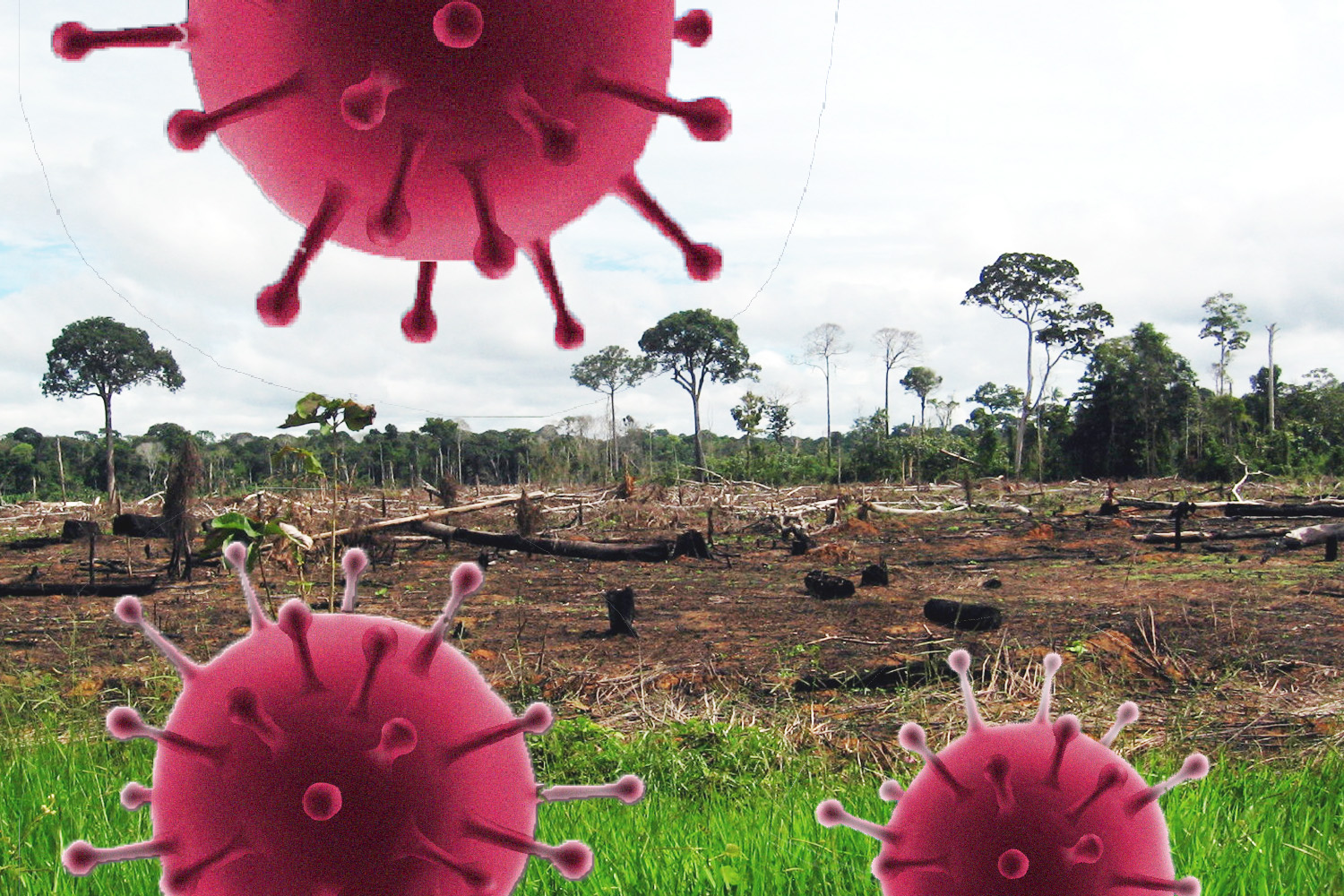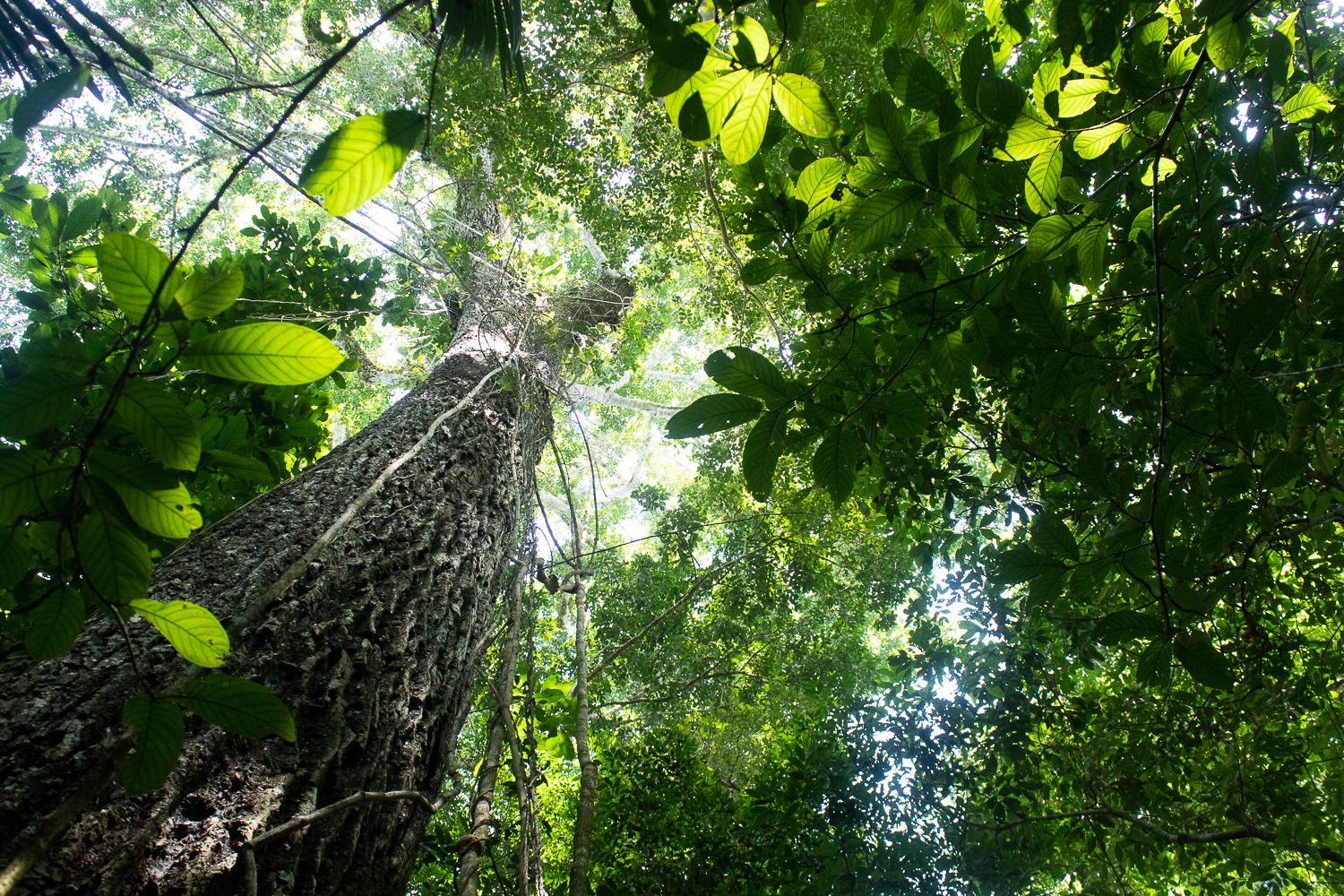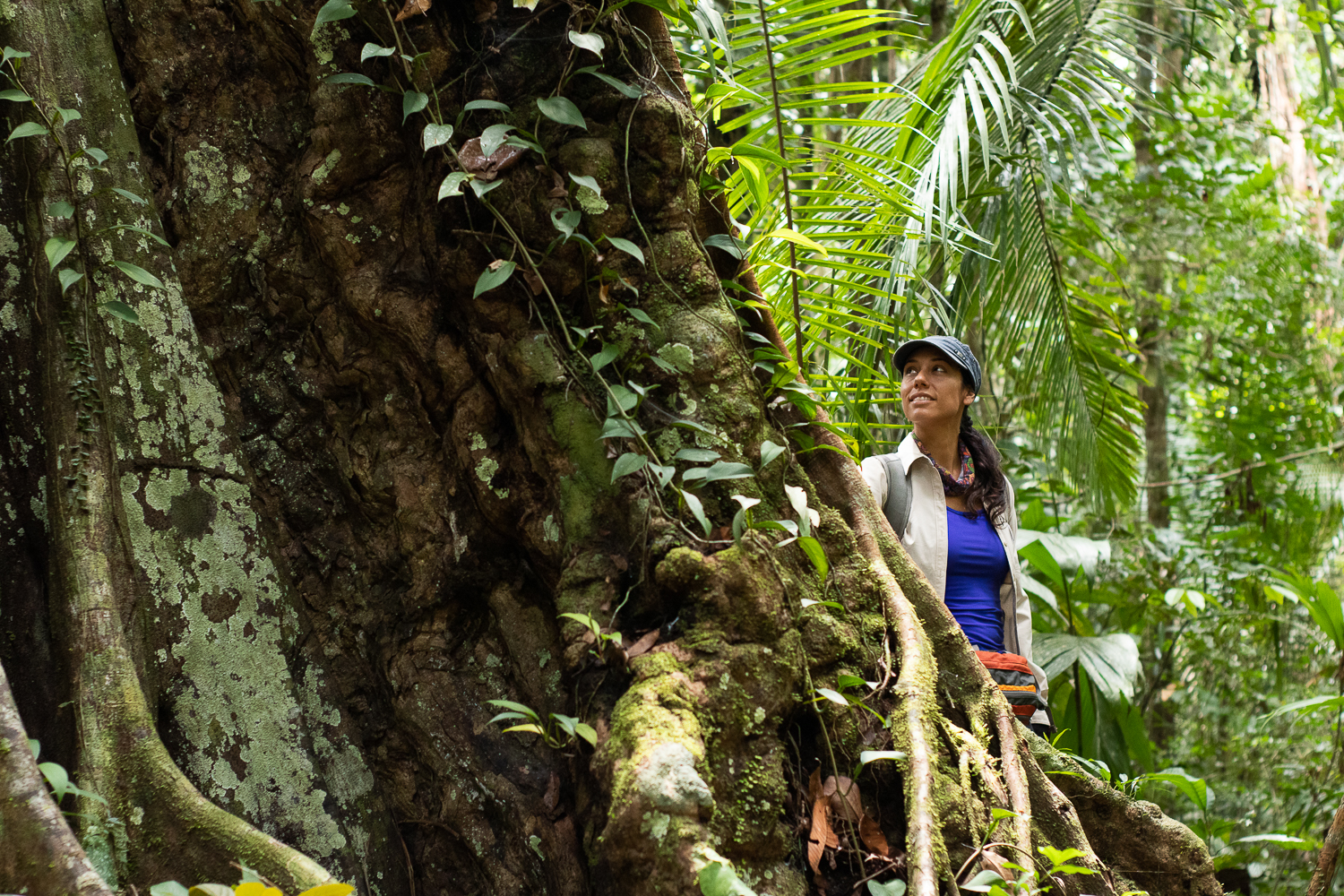March 21st. International day of forests
By: Tatiana Espinosa / Rocío Espinosa
The immune system of our ancestors evolved along with their environment. There’s thousands of millions of viruses, germs, and other microorganisms us living beings are exposed to daily. Some are beneficial while others not, and so life has learned to collaborate with the benign ones and strike a balance with the others by developing a sophisticated immune system.
Merely a couple of decades ago we used to believe forests and virgin natural environments were a threat to humankind due to their housing of pathogens and viruses that resulted in new afflictions on humans, as were Ebola, VIH, and dengue.
However, the current investigation effort has demonstrated it’s actually biodiversity’s destruction by man’s hand what creates the conditions necessary for illnesses such as the COVID-19 to arise.

As the loss of habitats and biodiversity continues to rise in a global scale, this coronavirus outbreak may only be the beginning of massive pandemics. We cut down trees, kill the animals, or take them out of their natural environments to take them to the markets. We interrupt the natural flow of ecosystems and free the viruses off their natural hosts (wild fauna). When this happens, they will obviously need a new host. Oftentimes, these being us.
On the other hand, recent studies show spending time in and with nature actually helps better your health. An investigation in Nippon Medicine School, Japan, has demonstrated staying near or in forests increases the numbers of natural assassin cells, which improve the immune system; as well as increasing the functional activity of anti-viral cells.

This investigation also showed visiting forests increases the amount of anticancer intracellular proteins in our bodies, an effect that lasted a whole week after the trip. It goes without saying that none of these effects have been observed as consequences of trips to the city. In Japan, they even have tourism packages focused on forest immersion for the benefits this holds towards health, known as Shinrin-Yoku, or “Forest Baths”. The term itself literally means “absorbing the forest’s atmosphere”, and was first used by technicians of the Forestry Agency of Japan.
It’s estimated that two million and a half of Japanese take part in these forest therapy sessions a year, guided by forest therapists or simply knowledgeable guides.
Peru being a country so rich in forests, we could take this as a wonderful example and start boosting these types of activities. Our forests offer far more than the wood they’re exploited for, and should be regarded as such. Primary healthy forests, full of wildlife, incredibly bio-diverse, fulfilling their roles in the health of the planet and, as a direct result of this, in the health of humankind, too.

Quarantined as we are from the COVID-19 outbreak, now is the perfect time to reflect on what we can do to better our immune system. Use these days to take care of yourself and think about how we should be caring for nature as well.
Our health depends on nature’s health, after all.
We have invaded natural areas with our cities, and we have predated on both fauna and flora indiscriminately. Now that we’re living the consequences, the only sound thing left to do is take action towards a change of empathy and responsibility towards our forests.